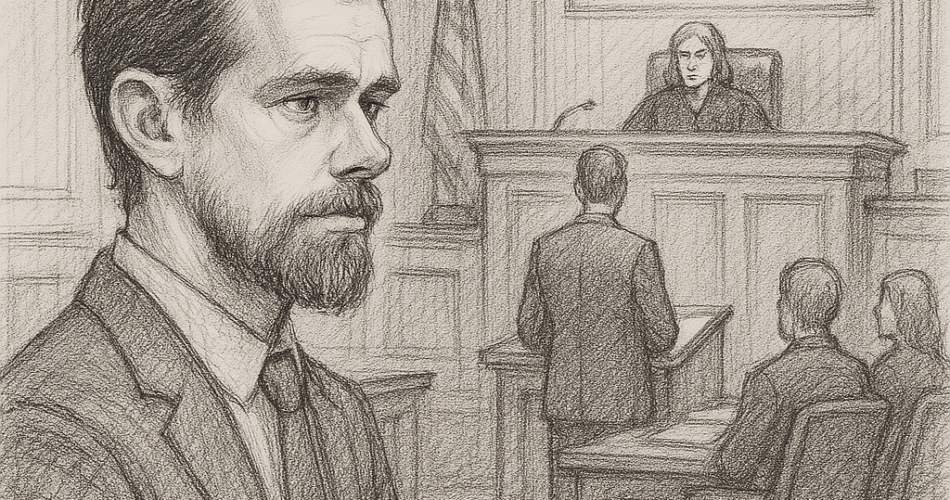Jack Dorsey, co-founder of Twitter (now X), has once again called for the abolition of intellectual property laws (IP law) on X. This is not the first time he has taken such a stance (just see his X timeline) and is known for stirring debates with unconventional ideas.
Many on X criticize his view, arguing that without IP protections, there would be less incentive to innovate.
I completely disagree with this proposition. Examining the history of intellectual property laws reveals that, in earlier times, the crown granted royal privileges in the form of exclusive rights to the creator of a work. This was done primarily to create a monopoly favored by the crown and not to safeguard an individual’s intellectual property rights.
However, before moving further, I would like to thank our society for keeping progress in critical fields like physics, mathematics, chemistry, and other fundamental sciences as open-sourced. I wonder how much more regressive the world would be today without the academic community’s open-source approach (Example – Article 9.2 of TRIPS – “Copyright protection shall extend to expressions and not to ideas, procedures, methods of operation or mathematical concepts as such. “).
To provide context to the debate, in the modern era, nation-states entered into international treaties such as the Lisbon Treaty, the Madrid Treaty, and TRIPS etc. to ensure harmonization and uniformity in IP laws. The apparent rationale is that IP laws, as an extension of capitalism, promote innovation by protecting creators’ rights. On the surface, this seems compelling as without incentives, why would creators produce anything? However, deeper scrutiny reveals that in the long run, IP laws often foster monopolistic and oligopolistic tendencies in society. If someone creates something, why should they be allowed to exploit their creation for decades or even their lifetime?
Also, by that logic, open-source models would be unnecessary. Why share work freely when it can be exploited? Some argue that open-source products are rarely as polished as their closed-source counterparts. While this may hold some truth, my point is that laws should not promote monopolies. Creators should certainly benefit from their work, but there must be a limit, not a lifetime or an excessive duration like 50 or 60 years. The entire concept of IP protection needs reevaluation. We live in a disruptive era where technological paradigms shift dramatically every few months or years. IP laws must reflect this reality.
Ultimately, we must not lose sight of the long-term perspective. As a species, do we want to exploit one another, fight perpetually, or act as though nothing matters beyond ourselves? I abhor such parasitic and self-obsessed views.
Those who claim IP protections drive tremendous growth must explain why life-saving drugs remain exorbitantly costly and why access to technology is uneven globally. What justifies believing that wealth entitles someone to a better life? I believe nation-states must never abandon their role as parens patriae. That is the core purpose of nation-states, and it is not to enable debauchery or egregious condescension. I am cognizant of the fact that this is an extremely unpopular view in a world where money is nearly deified, even if not openly worshipped.
Further, what have IP rights achieved? They have largely enabled corporations to hoard power and rights. Whether corporations are evil or saintly is a separate debate, but I take a balanced view here. Corporations reflect collective human effort, and conceptually, I see no issues with them. However, granting them monopolies over creations is problematic. As stated earlier, the duration of exclusive rights must be drastically reduced. If I create something, I should be able to profit from it for, at most, 5–7 years. Even a decade is excessive. Let creations enter the public domain sooner, allow others to build upon them, and we must show magnanimity rather than hoarding progress.
Please feel free to agree/disagree and post your views. This is quite a contentious issue, and I would love to hear your views. Thanks for reading. 🙂

